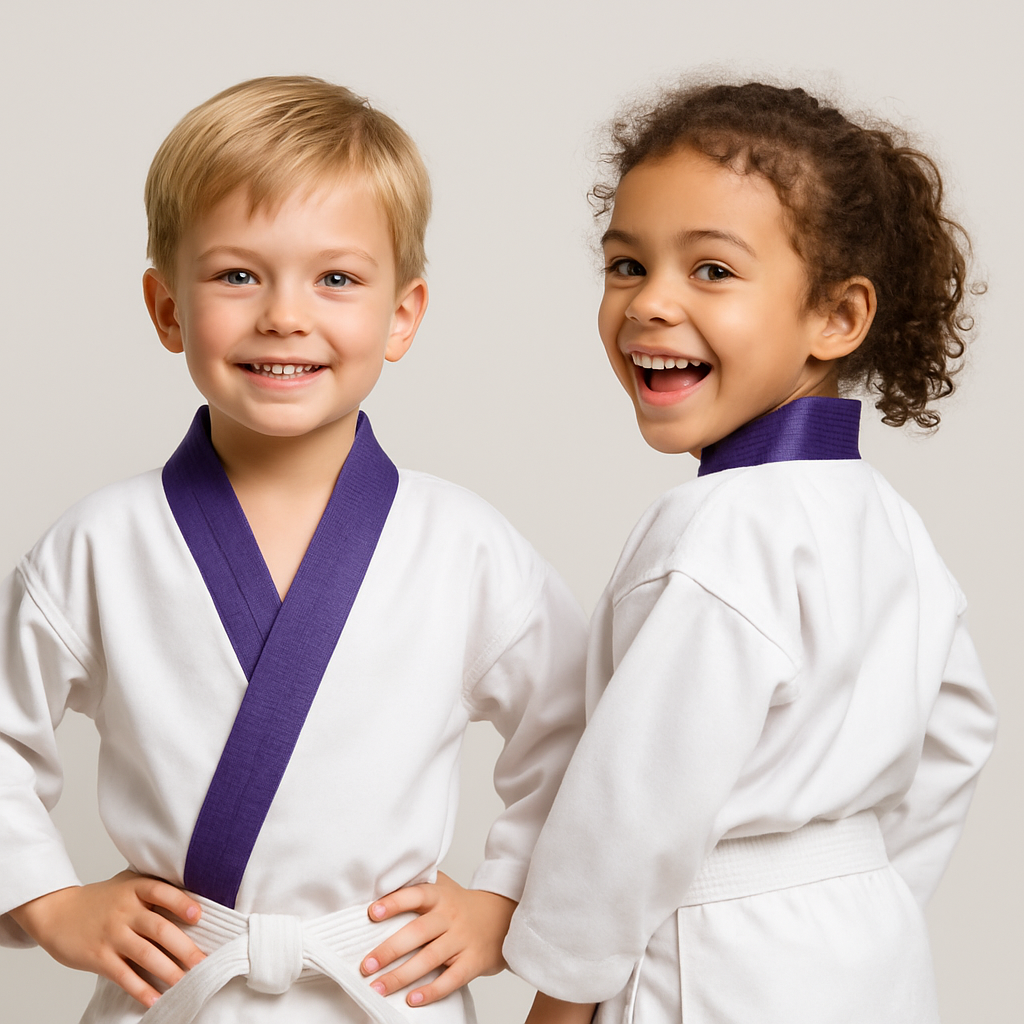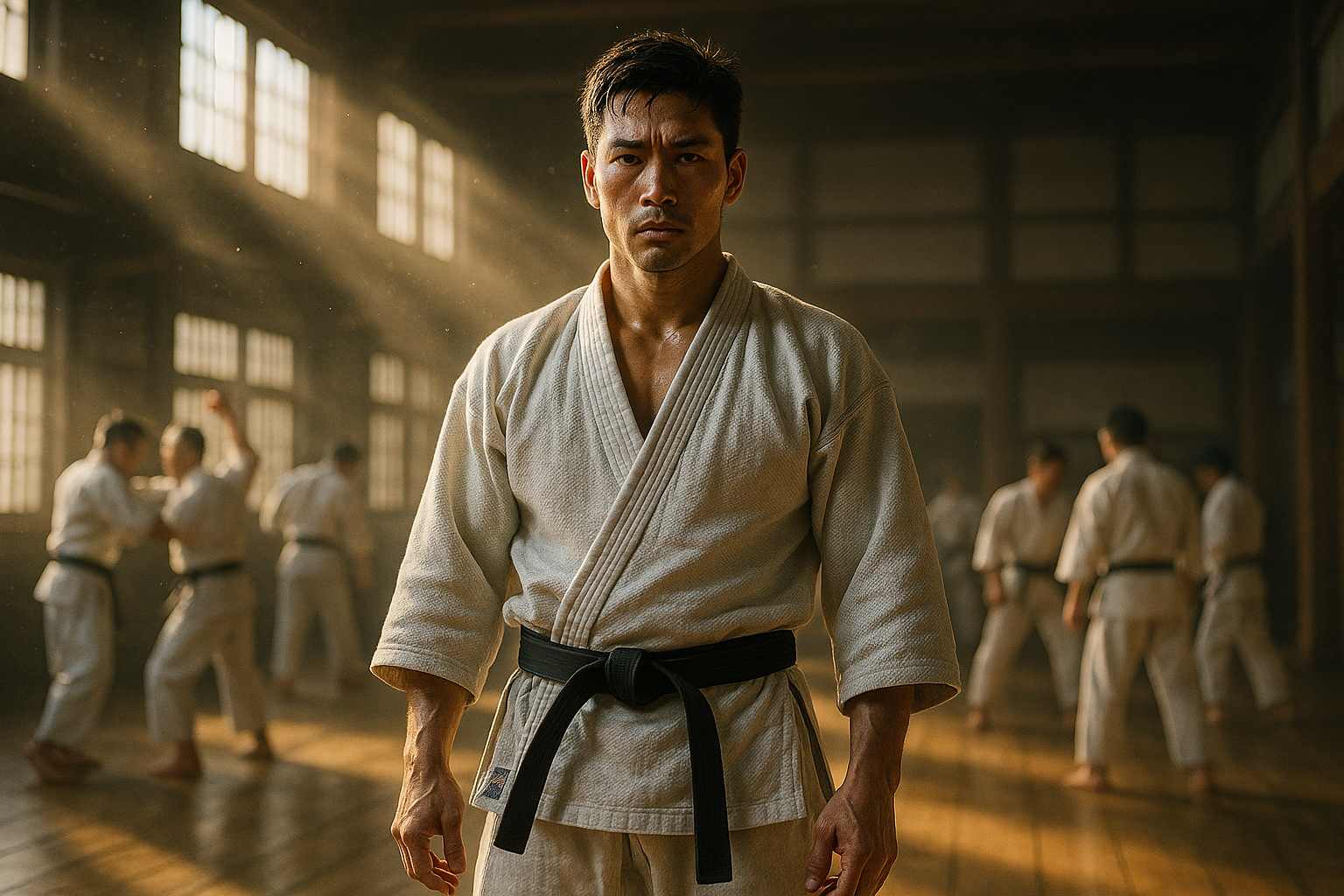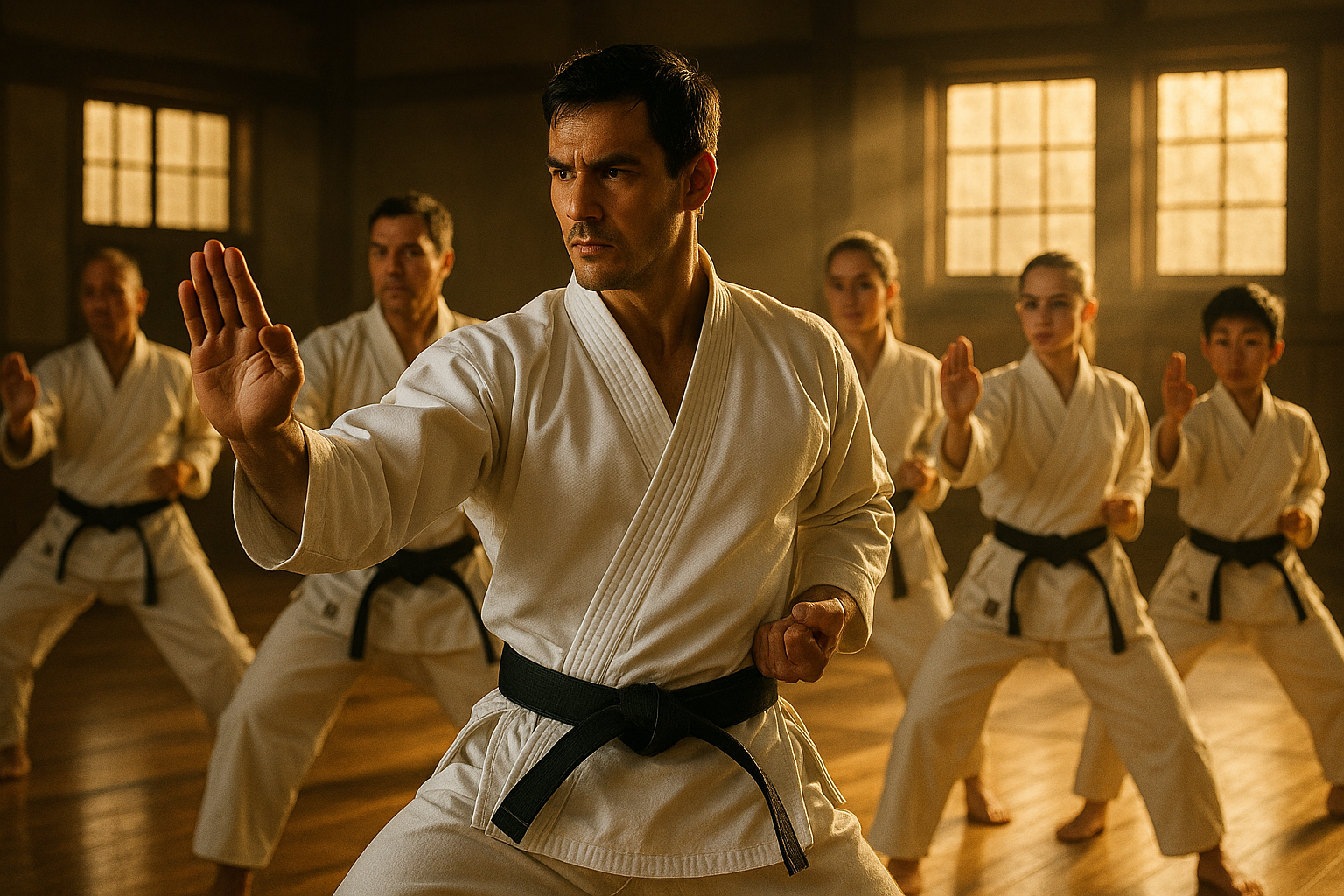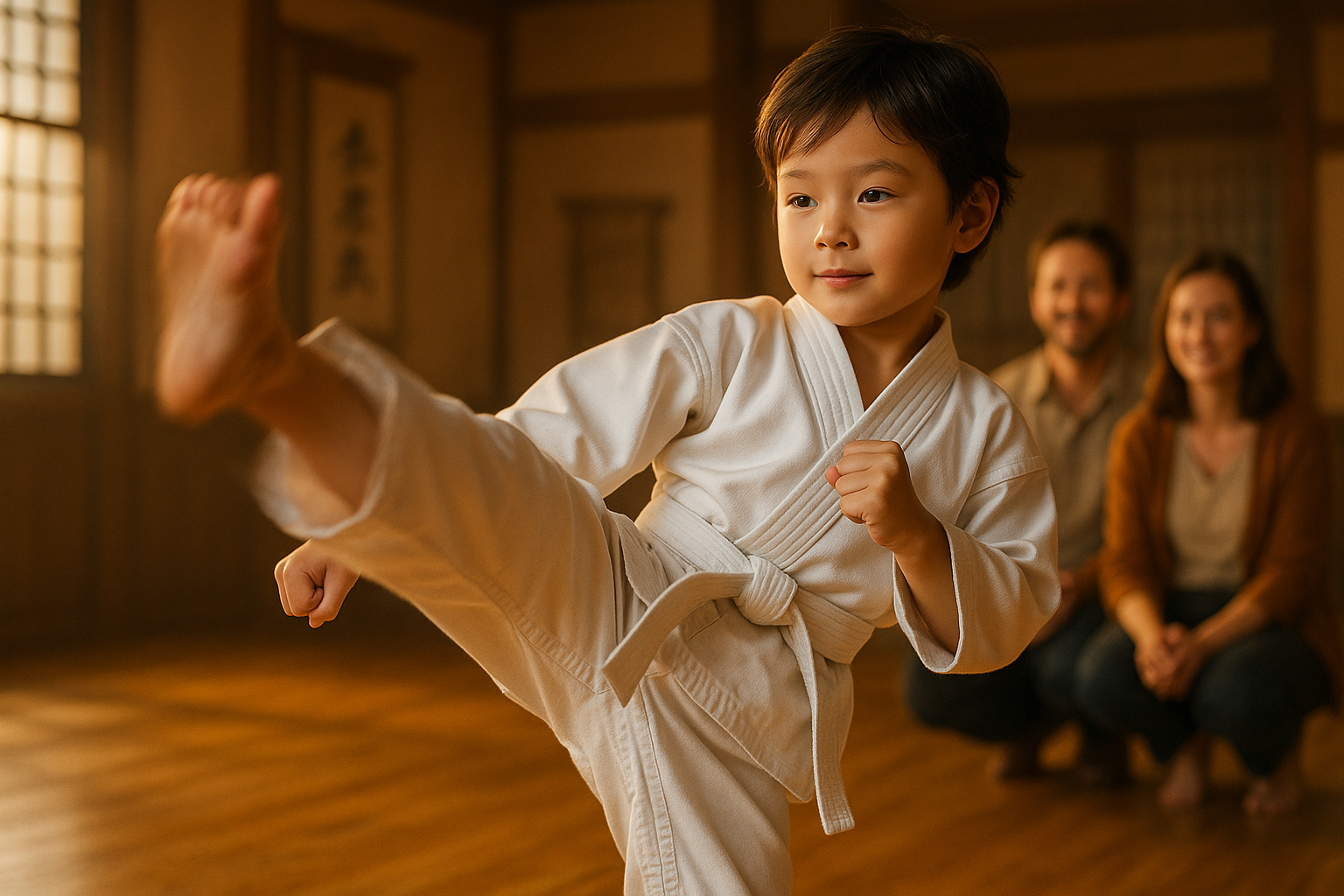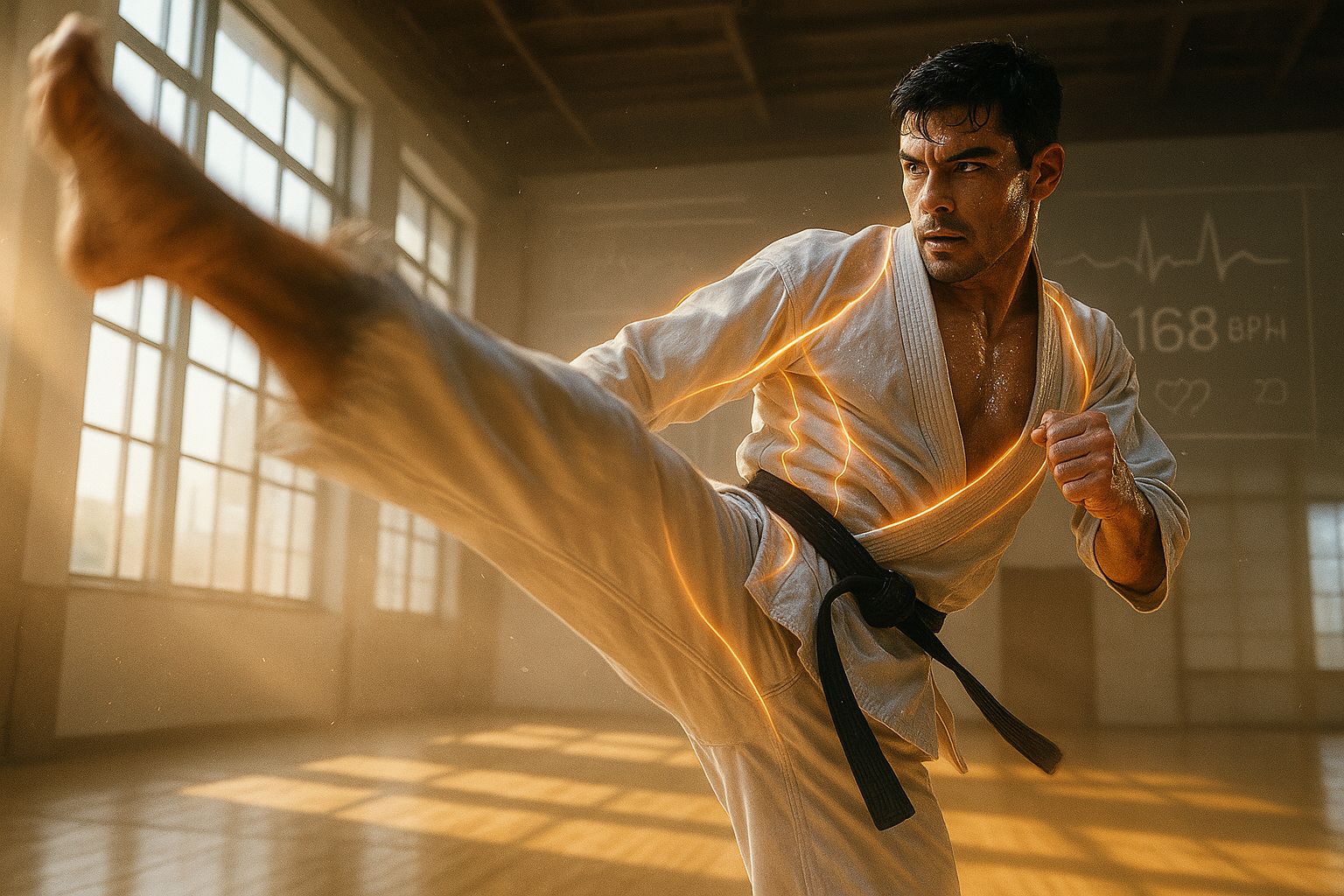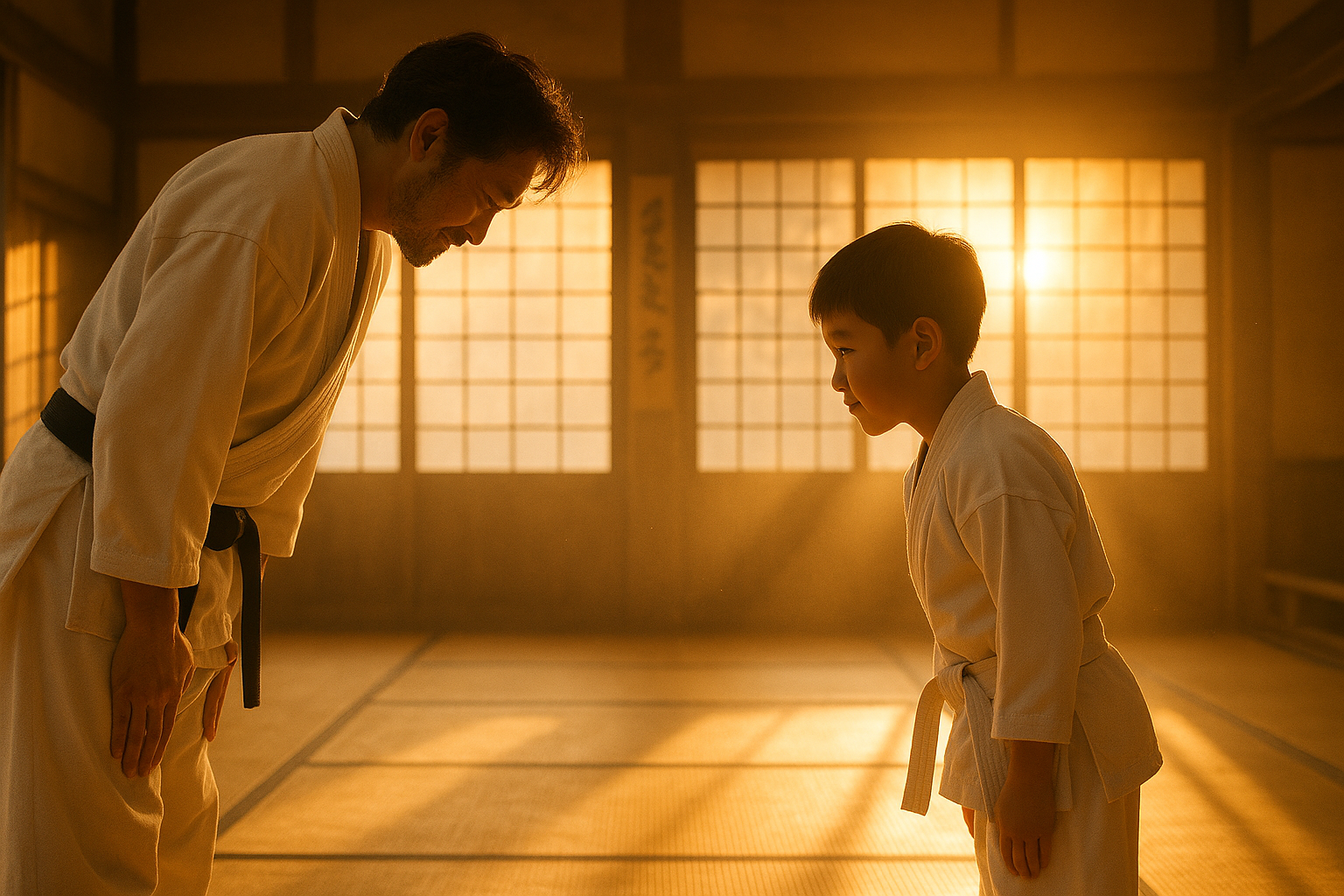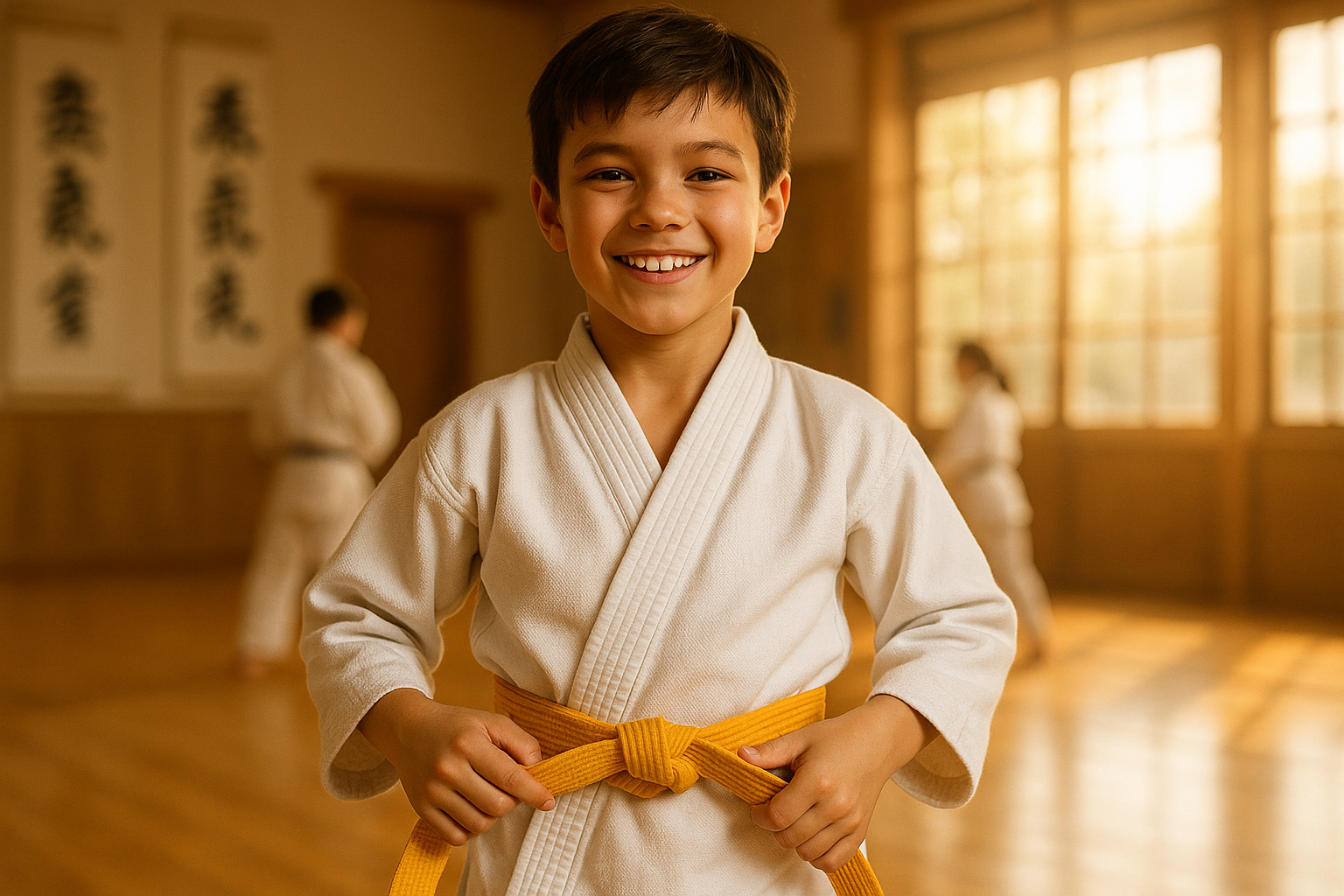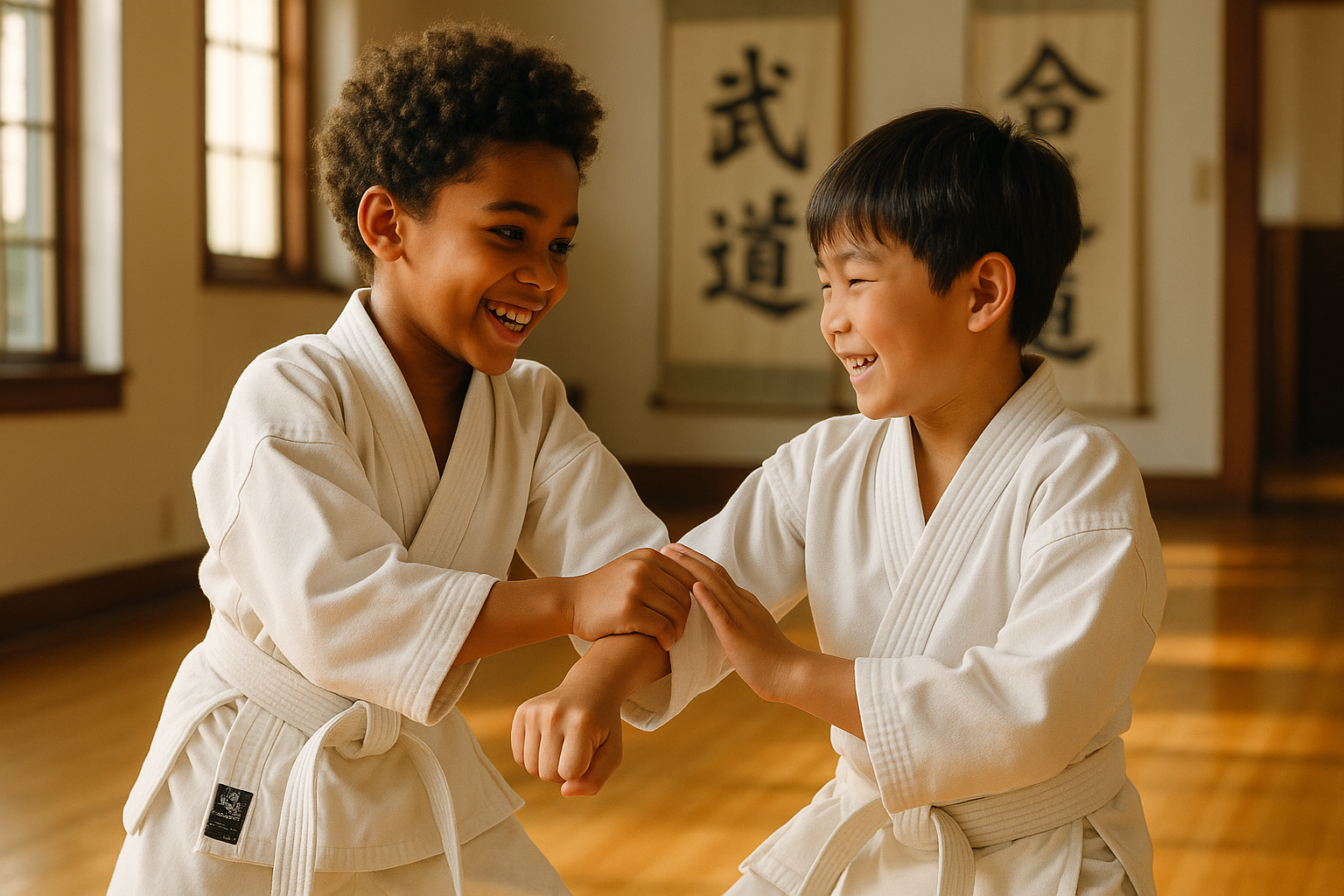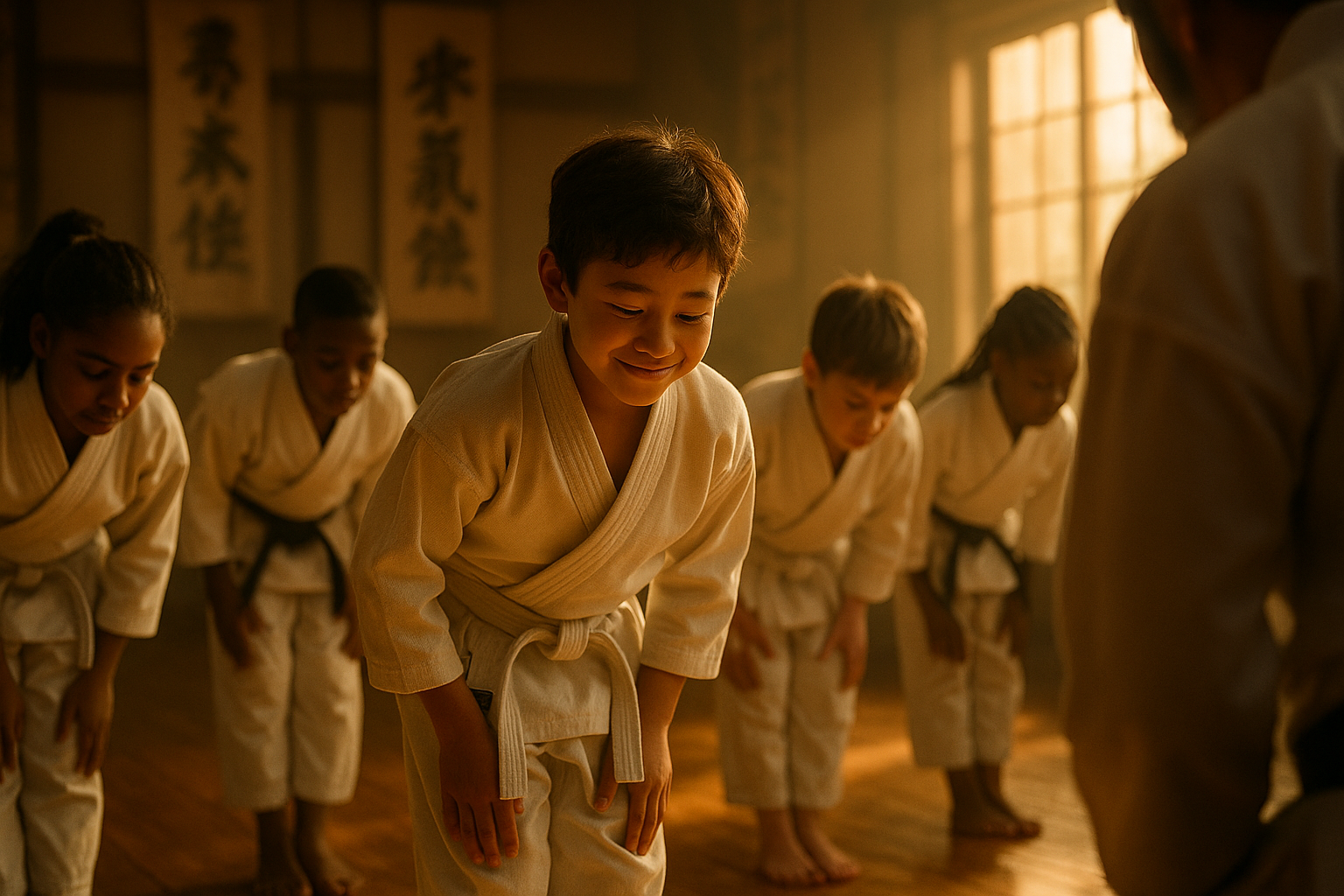“Self-control is the foundation of all virtues.”
— John Locke
In today’s fast-paced, digitally distracted world, self-control has become one of the most valuable skills a person can have. Children struggle to stay focused in class. Adults wrestle with impulse spending or emotional reactivity. Across every age group, people are looking for tools to regain focus and control.
That’s where martial arts shines. More than just kicks and punches, martial arts cultivates a mindset of self-discipline, emotional balance, and mental resilience. Whether you're a parent looking to help your child focus, or an adult wanting to better manage stress, martial arts offers a powerful, proven path to mastering self-control.
🧠 What Is Self‑Control—and Why It Matters
Self-control is the ability to delay gratification, regulate your emotions, and stay focused on long-term goals. According to the American Psychological Association, people with strong self-discipline enjoy better grades, improved relationships, healthier habits, and higher career success.
While many sports encourage discipline, few demand the level of internal control required by martial arts. Every class is a lesson in patience, perseverance, and precision—skills that extend far beyond the mat.
🧘♂️ Mental Discipline: Focus That Translates to Life
In martial arts, repetition builds mastery. Students perform the same movements thousands of times—not because it's easy, but because it's effective. This intense focus trains what scientists call "executive function"—the brain's ability to stay on task, make decisions, and filter distractions.
Whether it's practicing a kata or holding a stance, every drill reinforces concentration. Over time, students find it easier to stay focused in school, at work, and during everyday conversations.
Try this at home: Stand in a basic stance, close your eyes, and focus only on your breathing for 60 seconds. It’s harder than it sounds—but it strengthens your mental focus with every repetition.
💢 Emotional Regulation: Staying Calm Under Pressure
Martial arts training often puts students in high-stress scenarios, like sparring or board breaking. These situations mimic real-life stress but in a controlled, safe environment. Over time, students learn to stay calm, breathe deeply, and make thoughtful decisions even when their adrenaline is pumping.
One adult student shared how training helped them handle stressful meetings at work: “Before martial arts, I’d get overwhelmed and shut down. Now, I breathe through the tension and think more clearly.”
Multiple studies back this up, showing martial arts can reduce aggression and impulsivity while increasing emotional awareness and resilience.
🦶 Physical Self-Control: Movement with Meaning
Martial artists don’t just learn to move—they learn when not to move. Sparring, for example, teaches restraint. You practice throwing a punch—but you also learn how to pull it back, stop before hurting your partner, and wait for the right moment.
This physical self-control mirrors daily life: pausing before responding to a rude comment, controlling body language in tense situations, or resisting the urge to act on impulse.
🏠 5 At‑Home Self‑Control Drills Inspired by Martial Arts
You don’t need to be in a dojo to develop self-control. Here are five simple, martial arts–inspired exercises you can do at home:
Shadowboxing with a timer
Set a timer for 1 minute. Focus on intentional, controlled movement. Rest 30 seconds. Repeat.
Still stance breathing
Hold a basic stance for 60 seconds. Focus on your breath. Work up to 5 minutes over time.
Controlled push-ups
Lower slowly on inhale, rise on exhale. This builds synchronization between breath and body.
Delayed reaction drill
Have someone call your name randomly. Wait three seconds before responding. Builds impulse control.
Reaction journaling
Every evening, write down a moment when you paused before reacting—and how it changed the outcome.
These small drills help develop mental, emotional, and physical restraint.
📈 Real‑World Results: School, Work & Relationships
Martial arts self-control doesn’t stay in the studio—it shows up in the real world:
In school: Kids become more focused, respectful, and confident.
At work: Adults report better time management and lower stress.
In relationships: Students communicate more clearly and respond with thought instead of impulse.
Studies have shown that children who train in martial arts show significant improvements in attention span, behavior, and classroom performance. Adults often find they’re more disciplined with routines, goals, and conflict resolution.
❓ FAQs: What People Also Ask
Q: How long does it take to see improvement?
Most students notice changes in focus and discipline within 6 to 8 weeks of consistent training.
Q: Is martial arts suitable for kids with impulse issues?
Yes! Martial arts offers structure, routine, and respectful discipline in a fun, safe way.
Q: Can adults improve self-control through martial arts?
Absolutely. Self-discipline isn’t age-limited. In fact, many adults say martial arts helps them develop the focus they wish they had years ago.
💪 Discipline Is Like a Muscle—Train It Daily
Self-control isn’t something you either have or don’t—it’s a skill you can strengthen. Like lifting weights, the more you work your self-control “muscle,” the stronger it becomes.
Every repetition on the mat, every pause before a reaction, every mindful movement is a rep toward a more focused, resilient version of yourself.
💡 The Martial Arts Advantage: Motivation That Sticks
What makes martial arts so effective? It taps into intrinsic motivation. Students aren’t just told to be disciplined—they experience the rewards of it through belt progression, skill mastery, and community support.
This alignment with autonomy, competence, and belonging fuels sustainable self-control—not just while training, but for life.
🥋 Ready to Build Real Self-Control?
Whether you’re raising a focused child or looking to improve your own discipline, martial arts is the path. Our school offers classes for kids, teens, and adults—all designed to help you grow in strength, focus, and confidence.
📍Located in Austin? Book your free trial class today and start mastering the art of self-control—on and off the mat.
💼 Author Bio
This article was written by Greg Fisher, martial arts instructor and youth development specialist. With over 27 years of teaching experience, they’re passionate about helping students unlock their full potential through focus, discipline, and character development.


